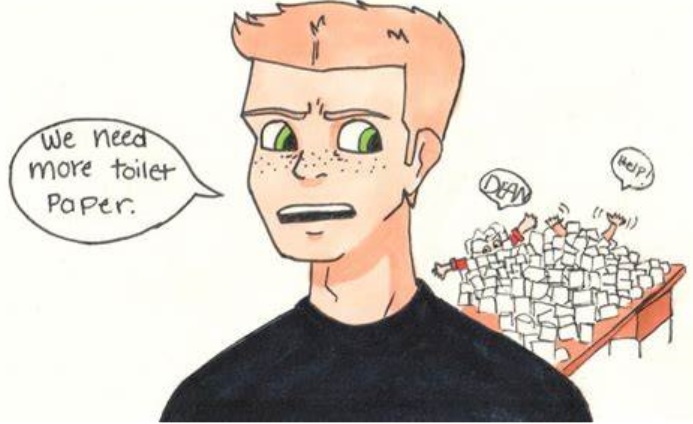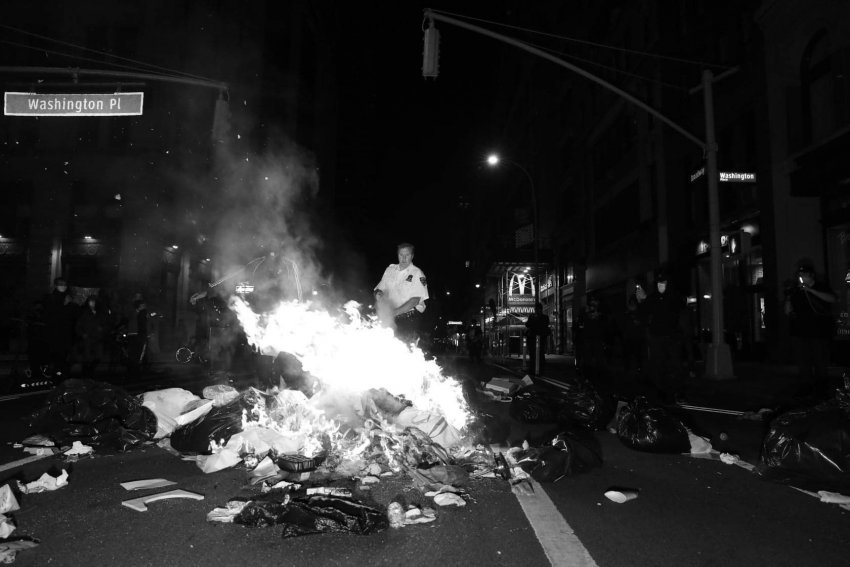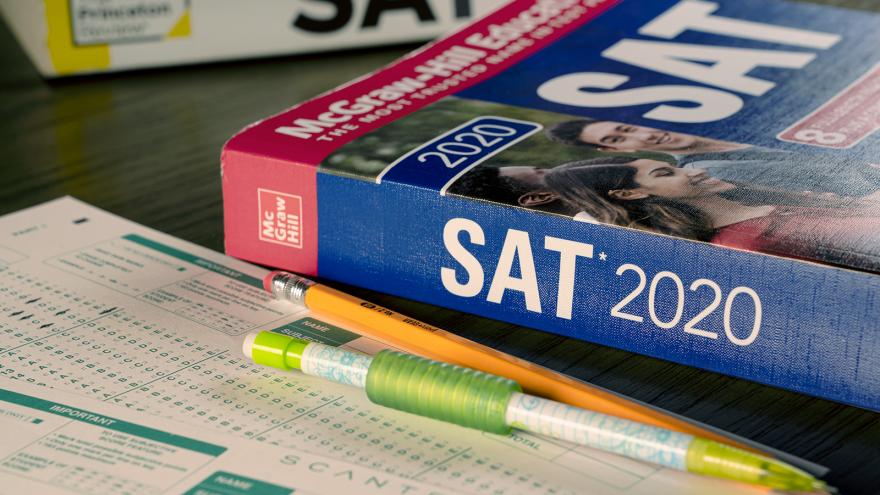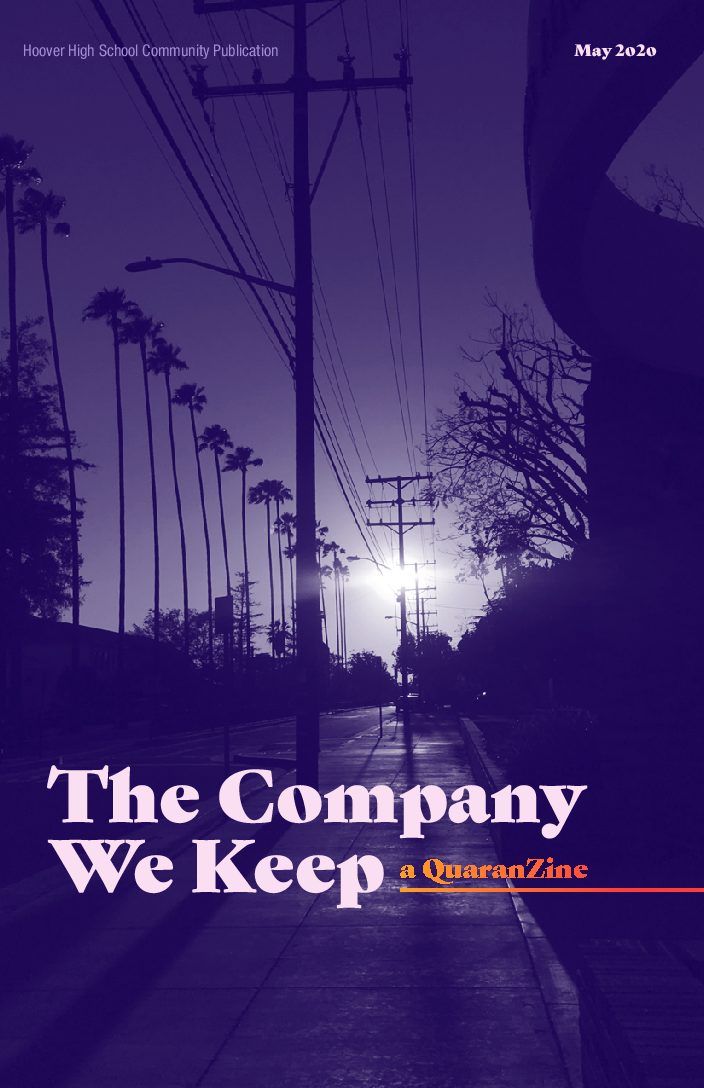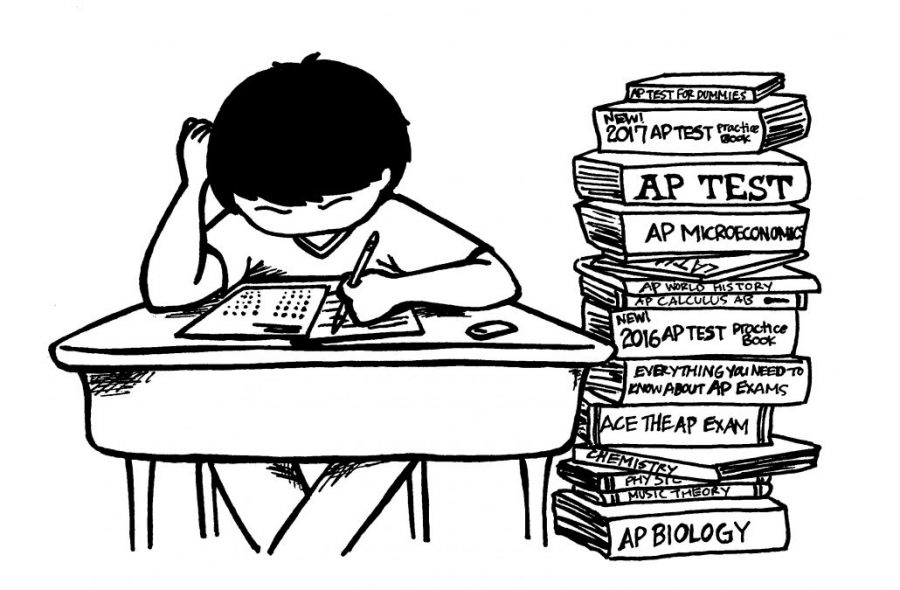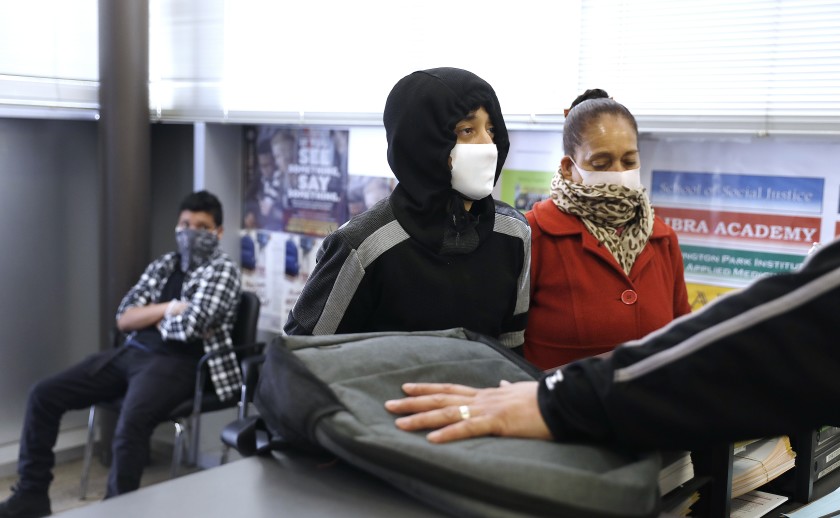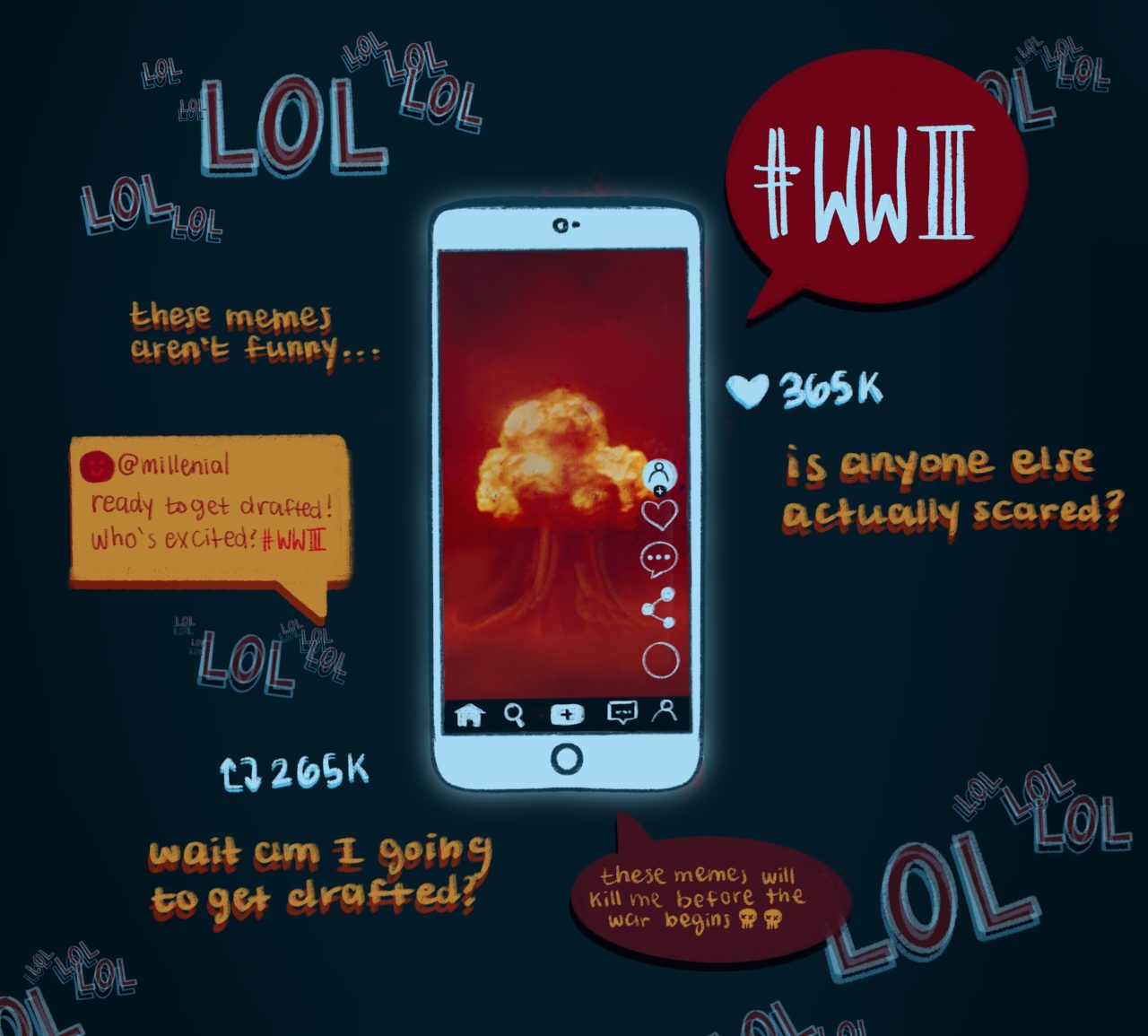Photo Credit: Deviant Art
By Zoe Romano
The coronavirus which causes the COVID-19 disease has caused many changes in the U.S.
First came the scare of the virus.
Then came the scare of going to the market.
People have turned towards hoarding as a solution to their anxiety and uneducated beliefs.
We used to laugh at the people on the “Extreme Hoarding” show as they stockpiled goods they may not ever need. Now this “disease” has spread to the general population.
The first item to disappear from grocery shelves was toilet paper.
If you want to buy toilet paper today, you have to wake up early and line up outside before the store doors open and hope that you find one 4-pack of toilet paper.
What’s worrisome is that people are more fearful of being stuck at home and quarantining rather than being carriers of the virus and catching symptoms.
The next product to get swept off the shelves was bottled water. Though it makes sense to have a supply of filtered water at home, bottled water has an expiration date, not on the water but for the plastic bottle holding the water.
This means that if the water is not removed from the bottle before it expires, the water will no longer be drinkable. More money will be wasted this way as more frequent store visits will be needed.
People have also begun to hoard all canned goods from beans to pasta sauce. This seems more reasonable than toilet paper, but still isn’t necessary.
Panic buying is causing an unequal distribution to people and is unnecessary. According to David Brancaccio’s article on The Marketplace, “There is plenty of food in the supply chain.”
By hoarding, you are being selfish and dismissive towards families who rely on government-funded programs such as Electronic Benefit Transfer (EBT) or the Special Supplemental Nutrition Program for Women, Infants, and Children (WIC) to get their monthly groceries. Even then, you can only buy certain products.
Those relying on EBT and WIC find that the items they are allowed to buy are out of stock, leaving them short on supplies and even hungry.
Apart from leaving people hungry, hoarding also affects hospitals and clinics.
With the number of infected people growing by the hour, doctors are running out of supplies to tend to those severely ill from COVID-19.
By frantically buying up epidemic-related goods such as masks and gloves, you are contributing to the shortage of supplies for doctors, nurses and other healthcare workers who need it the most. This can potentially lead to the spread of the virus and make those who have no choice but to work during this time more open prone to getting infected.
So the next time you go to the store, I urge you to think about what you absolutely need and not let your fears make you hoard a surplus of items that are, in actuality, not a necessity to you. During this time, it is important not to be selfish but to think of others because together we can decrease the spread and potentially end this pandemic.

